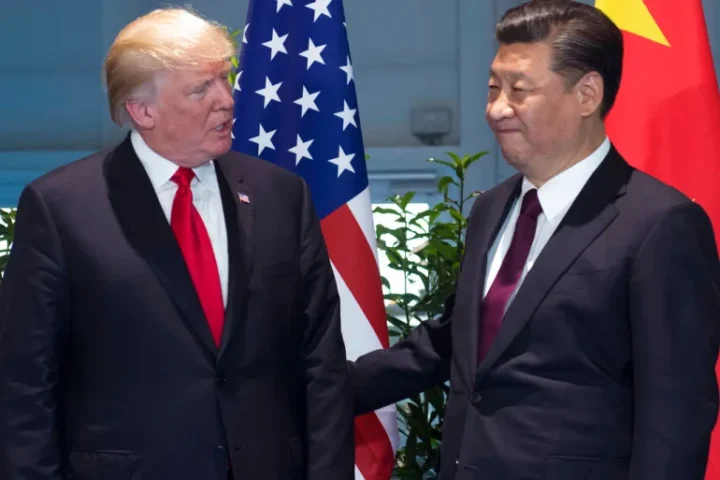Almost 33 million metric tonnes of grain were exported since the Black Sea Grain Initiative was brokered a year ago.
Russia has said it will not extend an international deal to allow the safe shipment of Ukrainian grain through its ports in the Black Sea.
The accord, which is set to expire on Monday evening, has been credited with helping curb food prices around the world in the wake of Russia’s invasion of Ukraine last year. The two countries are two of the world’s largest agricultural producers.
Almost 33 million metric tonnes of grain were exported since the Black Sea Grain Initiative was brokered by the United Nations and Turkey a year ago.
The Kremlin said on Monday that Russia would “return” to the deal “immediately” if its demands to improve its own grain and fertiliser exports are met.
What is the Black Sea Grain Initiative?
The Russian invasion of Ukraine in February 2022 sent the world into a global food crisis amid soaring inflation.
Prior to the war, in 2021, Russia and Ukraine were the world’s first and fifth largest exporters of wheat respectively, according to the Observatory of Economic Complexity.
In July 2022, the UN and Turkey arranged a deal that would see Ukraine export grain through the Black Sea. The agreement would allow ships to travel safely from the Ukrainian ports of Yuzhny, Odesa and Chornomorsk to the Bosporus without being attacked.
With it came a separate agreement to facilitate shipments of Russian food and fertiliser. Russia has long complained that parts of the deal relating to these exports have not been implemented.
On October 31, Russia temporarily pulled out of the agreement, citing drone attacks on its Black Sea fleet in Sevastopol. Shortly afterwards, Moscow rejoined the pact for a further 120 days on November 2. In March 2023, it agreed to extend its participation in the deal for another 60 days, a commitment it renewed in May.






